Hyundai Tucson: General Information
Troubleshooting
Problem Symptoms Table
Before replacing or repairing air conditioning components, first determine if the malfunction is due to the refrigerant charge, air flow or compressor.
Use the table below to help you find the cause of the problem. The numbers indicate the priority of the likely cause of the problem. Check each part in order. If necessary, replace these parts.
After correcting the malfunction, check the complete system to ensure that performance is satisfactory.
Standard
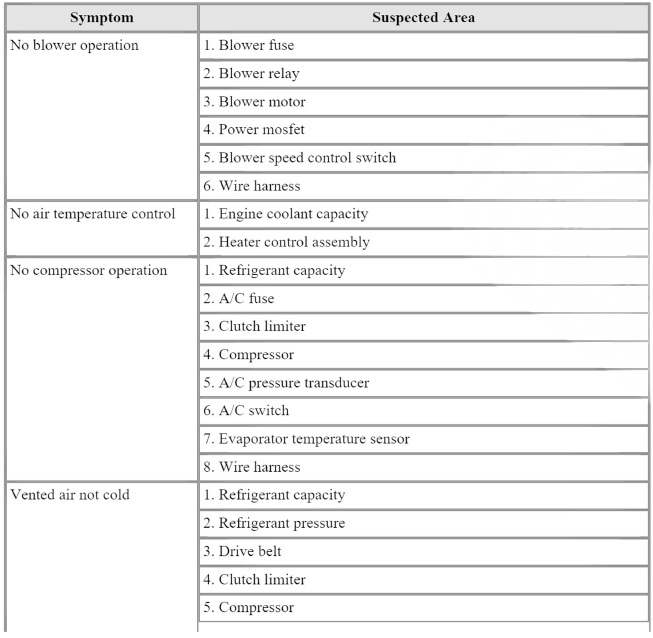
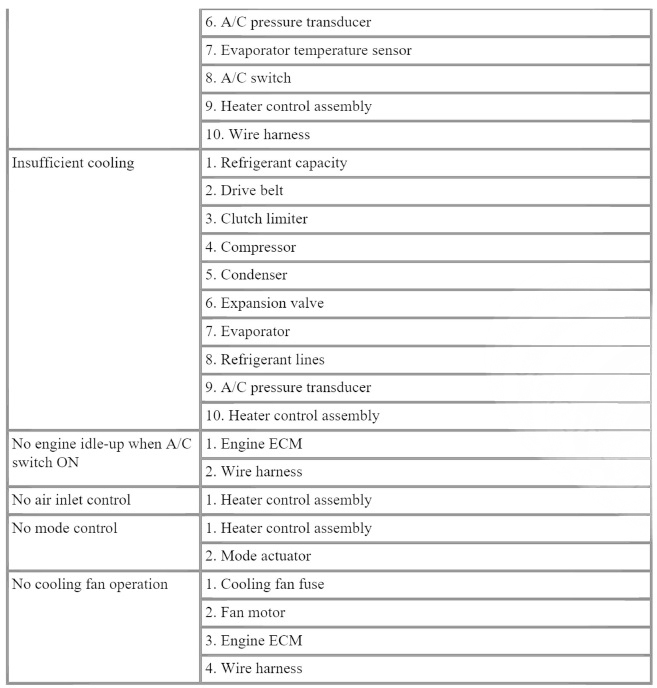
Specification
Air Conditioner
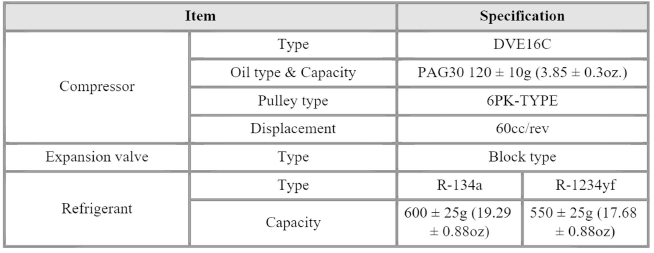
Blower Unit

Heater and Evaporator Unit
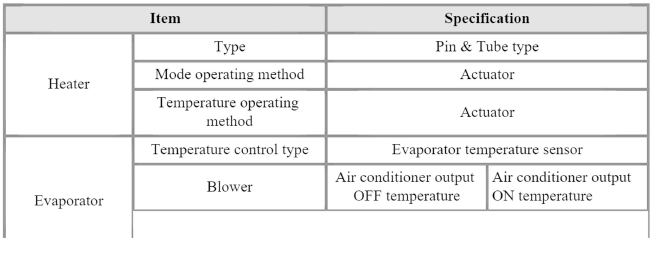

Tightening Torques

Special Tools
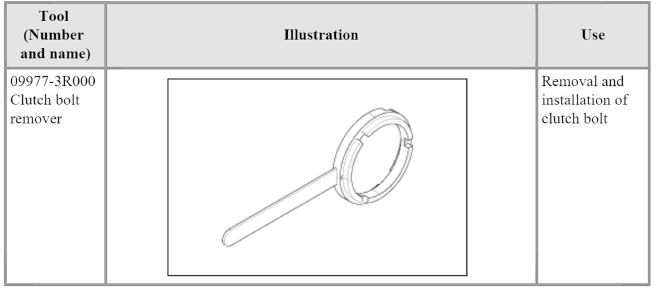
READ NEXT:
 Air Conditioning System - Instructions (R- 134a)
Air Conditioning System - Instructions (R- 134a)
When Handling Refrigerant
R-134a liquid refrigerant is highly volatile. A drop on the skin of your
hand could result in localized
frostbite. When handling the refrigerant, be sure to wear gloves.
It is standard practice to wear goggles or
 Air Conditioning System - Instructions (R- 1234yf)
Air Conditioning System - Instructions (R- 1234yf)
WARNING
The R-1234yf liquid refrigerant is a flammable gas. The gas
reduces oxygen available for
breathing and causes asphyxiation in high concentrations. The victim will
not realize that he/she
is suffocating.
Inhalation may cause ce
SEE MORE:
 PM sensor
PM sensor
Components Location
PM sensor
Replacement
Disconnect the negative (-) battery terminal.
Remove the crash pad lower panel.
(Refer to Body (Interior and Exterior) - "Crash Pad Lower Panel")
Loosen the mounting screw, remove
 Pinion drive gear assembly
Pinion drive gear assembly
Fix the differential carrier assembly using the SST (09501-C9230,
0K530-P2500, 0K501-P2232).
Loosen the pinion gear lock nut using the SST (09501-C9230).
WARNING
When istalling lock nut, use a new one.
Remove the pinion dr
Information
- Home
- Hyundai Tucson - Fourth generation (NX4) - (2020-2023) - Owner's Manual
- Hyundai Tucson - Fourth generation (NX4) - (2020-2023) - Workshop Manual